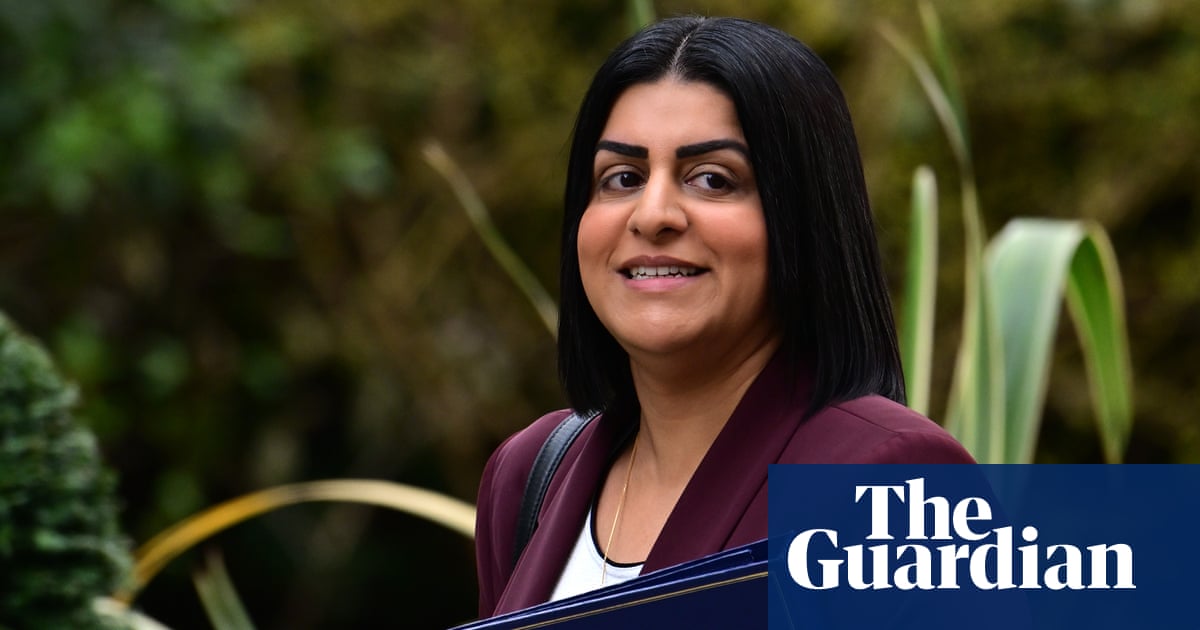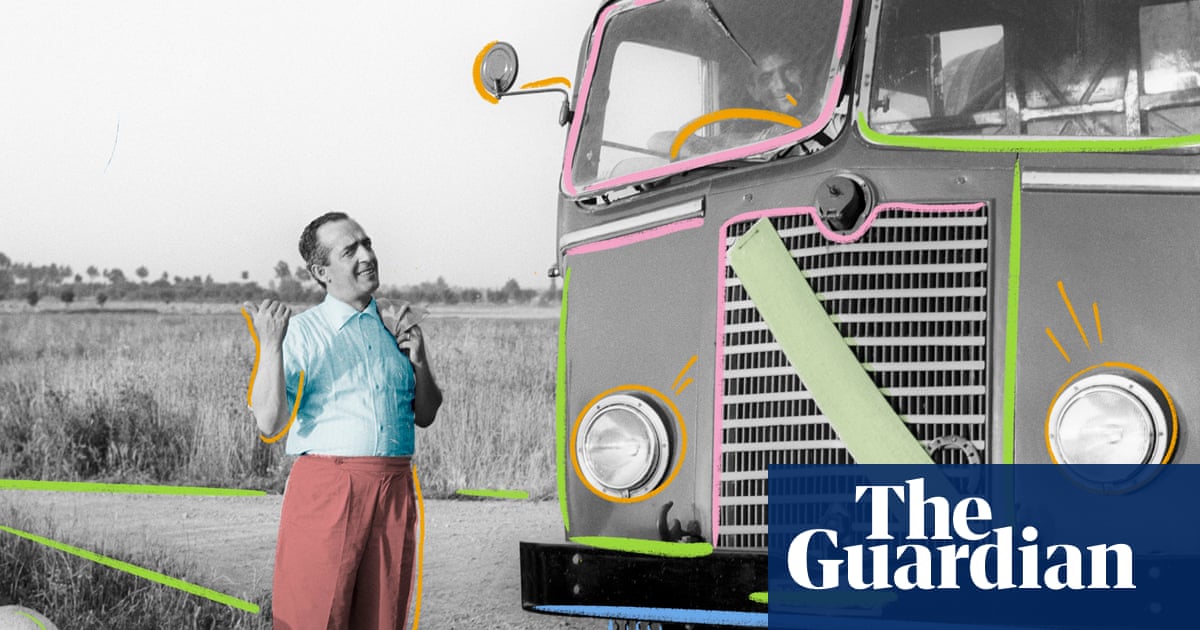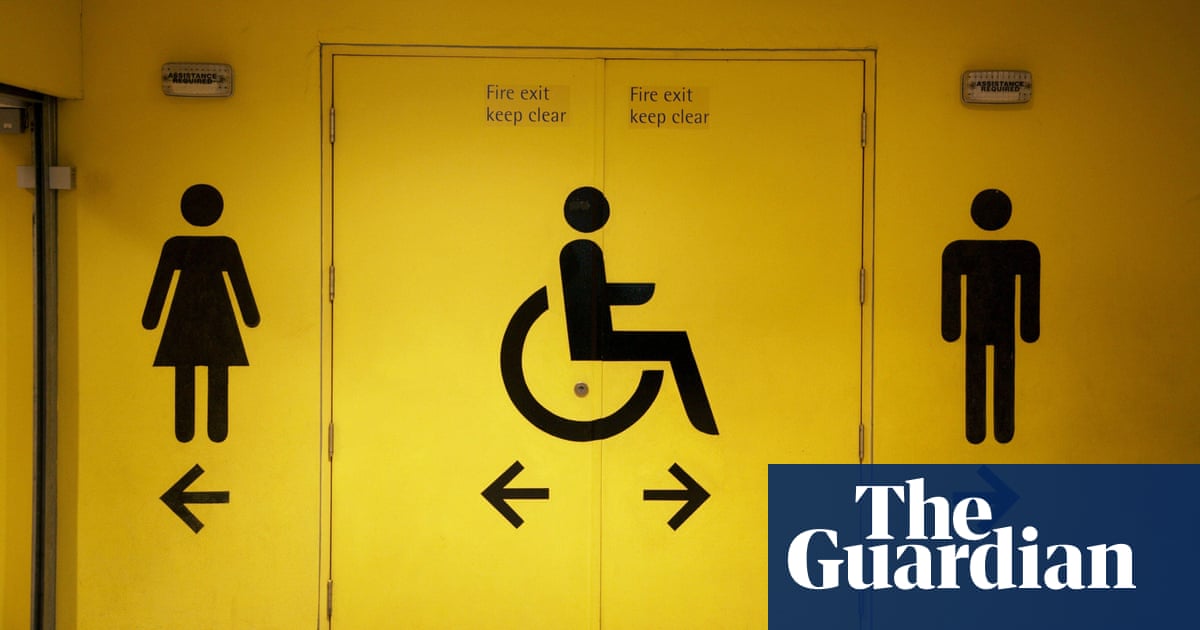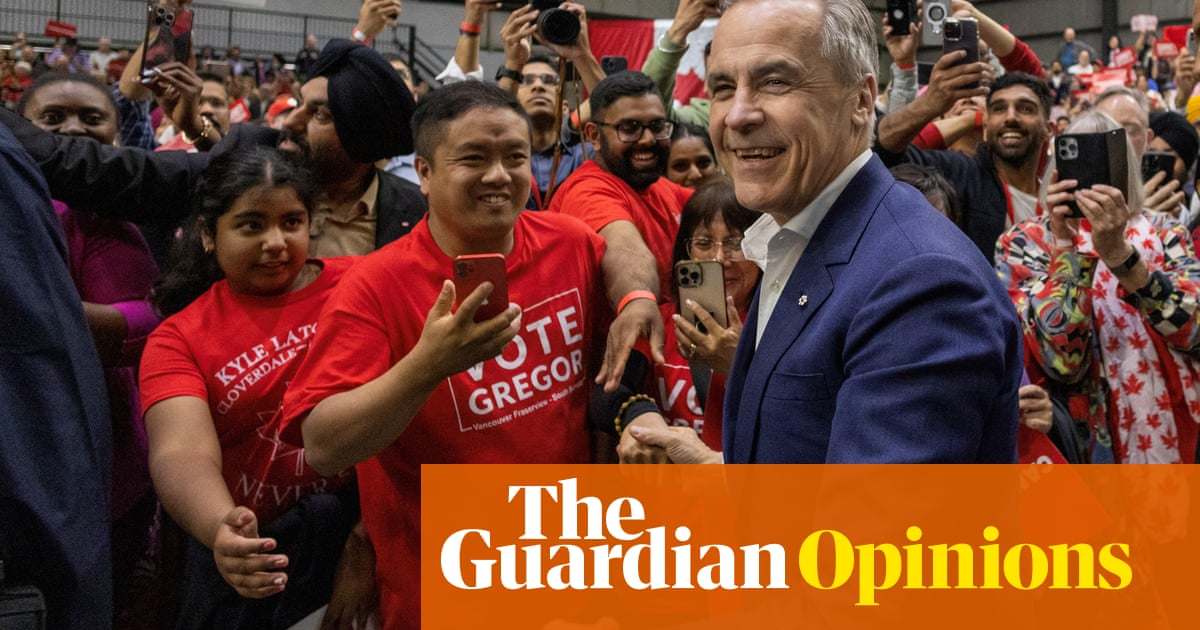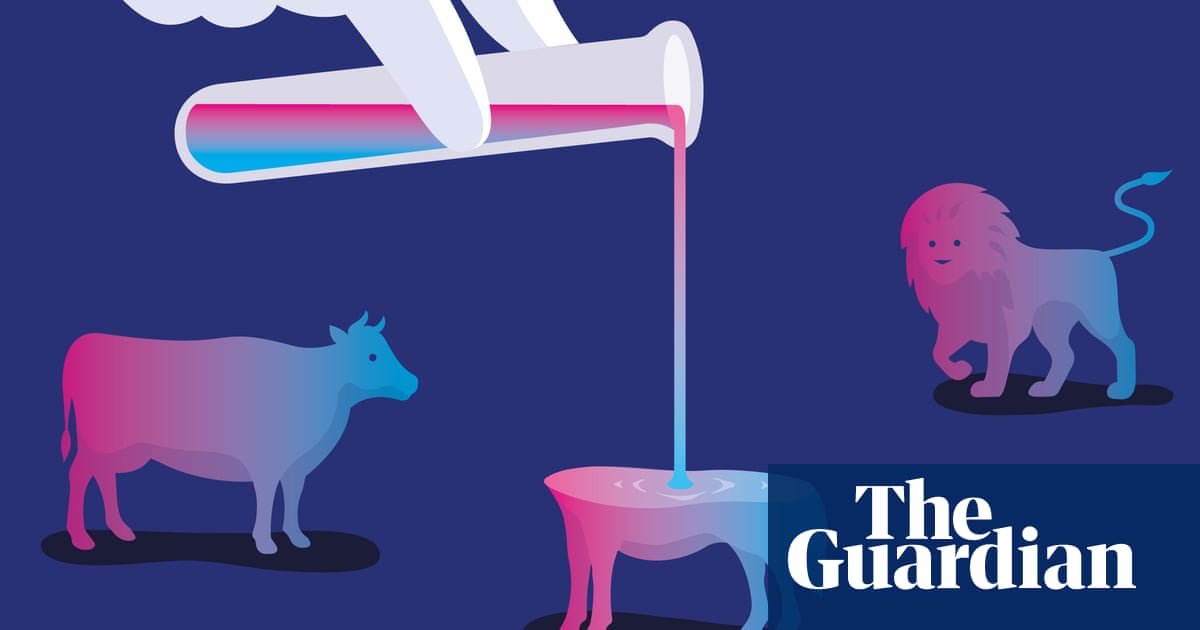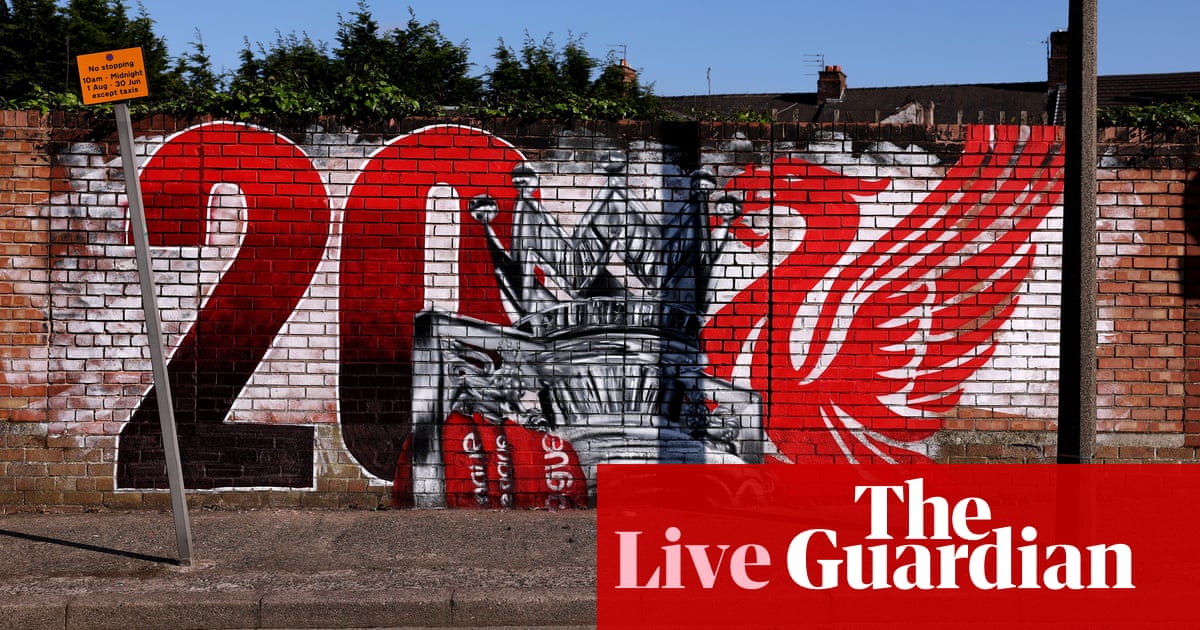Helmed by interviewees with autism, other forms of neurodivergence and learning disabilities, The Assembly first aired a year ago as a pilot on BBC One, featuring much of the same cast. According to a recent interview with one of its producers in the Radio Times, the broadcaster couldn’t afford to commission a whole series of the show, which was originally a hit in France. Strange, as it doesn’t require big flashy sets, special effects or locations other than one nondescript room in an office building, but hey, maybe there’s more to it than that. In any case, it’s a huge fumble by the BBC: ITV’s series is some of the warmest telly you’ll see this year – even when Danny Dyer starts dropping f-bombs left, right and centre.
Last year’s pilot featured Michael Sheen, who gracefully fielded questions on everything from his age-gap relationship to his affinity with Dylan Thomas and his favourite meal (egg and chips, ham optional). This time around the subjects are David Tennant, Little Mix’s Jade Thirlwall, Gary Lineker and – of course – Dyer, who opens the series and gently cranks the hardman act up and down as necessary, instantly putting the group at ease. In turn, they refuse to mince their words; the first question, from a young woman named Chardonnay, concerns Dyer’s finances, and whether he shares a bank account with his wife, Jo, given that she once reportedly kicked him out of their home and siphoned off their joint funds. Dyer turns the air blue in response – thank God for the post-watershed time slot. But he is also honest and humble: he was a “prick” before all that, he says, constantly off his face on drugs, and Jo “controls everything now” when it comes to cash. The next question, from Nicola, is a little lighter, although maybe equally invasive. Just how much did he get paid for presenting the middling Saturday night gameshow The Wall? (Answer: about £100,000).
After some more sweary soundbites about David Cameron, we move to the meat of the thing: questions about class, therapy, his lack of male role models growing up (they either left, or died) and how to deal with absent dads. Some of the questions are excellent, and even ones that seem basic on the surface lead to intriguing conversations. What was it like to leave EastEnders, asks Harry. In reply, Dyer talks not only about the life-saving, career-reviving magic of his nine years on Albert Square, but also the ways in which – he says – he was pushed out of the series (“when the producers said you’re gonna be with Janine, I was like, Janine? But she murders people …?!”) Many journalists could learn a thing or two from the group’s interviewing style, which – although casual – gently joins the dots between past and present, leaving space for sprawling anecdotes and touching reflections. Shouldn’t we all be asking more people what their favourite kebab is, really?

Tomorrow’s second episode features Tennant (I like to think that Sheen, his friend and co-star in Good Omens and Staged, told him how much fun it was). And while Tennant isn’t quite as unguarded as Dyer – who is? – it’s still a pleasure. He is particularly strong on the “devastating” grief of losing his parents, and his vocal support of trans people, who have become, he says, a “political football” in the UK. There is much joy, too, as he performs Shakespeare, learns how to Vogue like Madonna, and lists all the actors who’ve played the lead in Doctor Who in order, occasionally “forgetting” that that includes him (“the 14th Doctor, who was that again …?”)

 18 hours ago
17
18 hours ago
17



